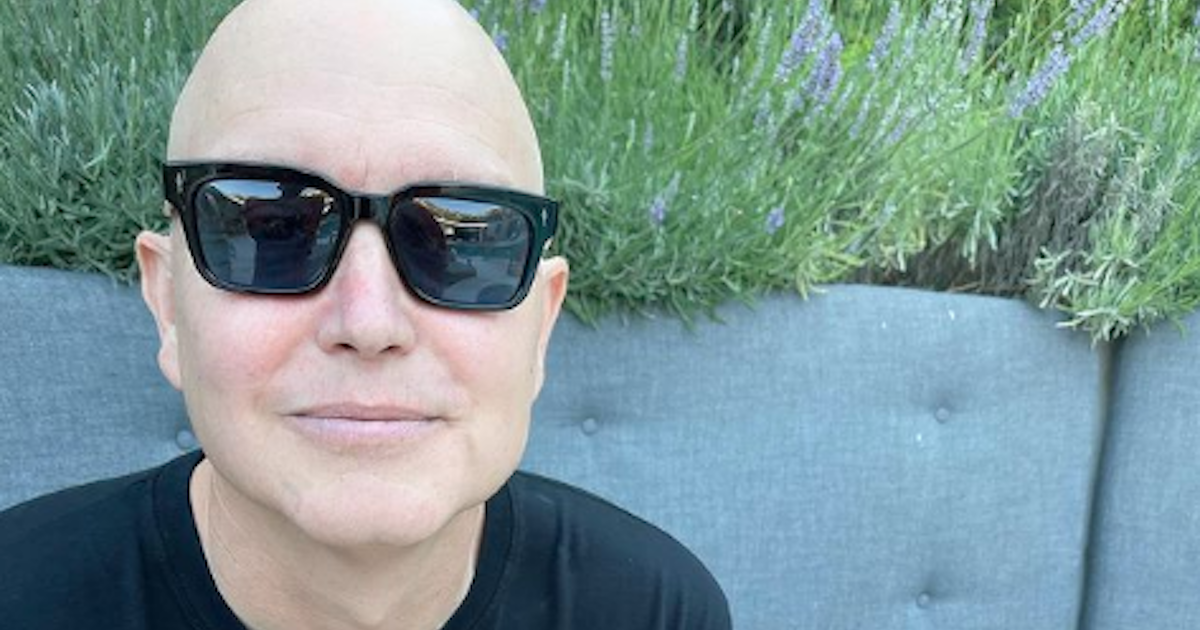Mark Hoppus Updates Fans
- Blink-182’s Mark Hoppus has been battling stage 4 Diffuse Large B-Cell Lymphoma, a type of blood cancer, and treating it with chemotherapy.
- He shares with fans in a new tweet that he hasn’t had chemo in three weeks, and on September 29, he’ll get scanned to see if the chemo was effective for him.
- Some common side effects of chemo include fatigue, nausea, pain, hair loss and loss of appetite.
Understanding Lymphoma Risk Factors
Hoppus is battling Diffuse Large B-Cell Lymphoma, a type of blood cancer. There is currently no screening test for lymphoma (unlike other cancers which do have screening tests: Mammograms for breast cancer, colonoscopies for colon cancer, PSA tests for prostate cancer).
The most common types of blood cancers include Hodgkin lymphoma, non-Hodgkin lymphoma, leukemia, and multiple myeloma. The Leukemia & Lymphoma Society reports that every 3 minutes, one person in the U.S. is diagnosed with a blood cancer. This year alone, approximately 186,400 people will be diagnosed with leukemia, lymphoma or myeloma.
Some people may have an elevated risk of developing for blood cancers like lymphoma. Here are some reasons which may put you in a higher risk category for lymphoma:
- You have been infected with the HIV or Epstein-Barr virus
- You have had an organ transplant
- You have a family history of lymphoma
- You have been treated with radiation or chemotherapy drugs for cancer in the past
- You have an autoimmune disease
Speak with your doctor about your family’s cancer history, if any, and ways you can stay on top of your screenings and limit risk factors for all cancers.
Finding Lymphoma Early, Do You Know the Risks?
Dealing with the Effects of Chemo
As Hoppus’s tweet indicates, chemotherapy is not something people look forward to; he refers to it as “getting pumped full of poison.” Hoppus is grateful to not be getting chemo this week.
And he has good reason to be grateful for that, as the side effects of chemotherapy can be grueling and difficult. Some common side effects of chemo include fatigue, nausea, pain, hair loss, loss of appetite and more.
Thanks to new technology, however, some effects of chemo can be mitigated, to a degree. For example, cooling caps can help lessen the impact of potential chemotherapy-related hair loss.
Dr. Michael Ulm, gynecologic oncologist at West Cancer Center, explains in an earlier interview that extreme nausea no longer needs to be an issue for most people getting chemotherapy.
"One of the things that patients worry most about is nausea with chemotherapy," he says. "With modern medicine and modern antiemetics that you should never have severe nausea. And you should never throw up."
Learn more about SurvivorNet's rigorous medical review process.


